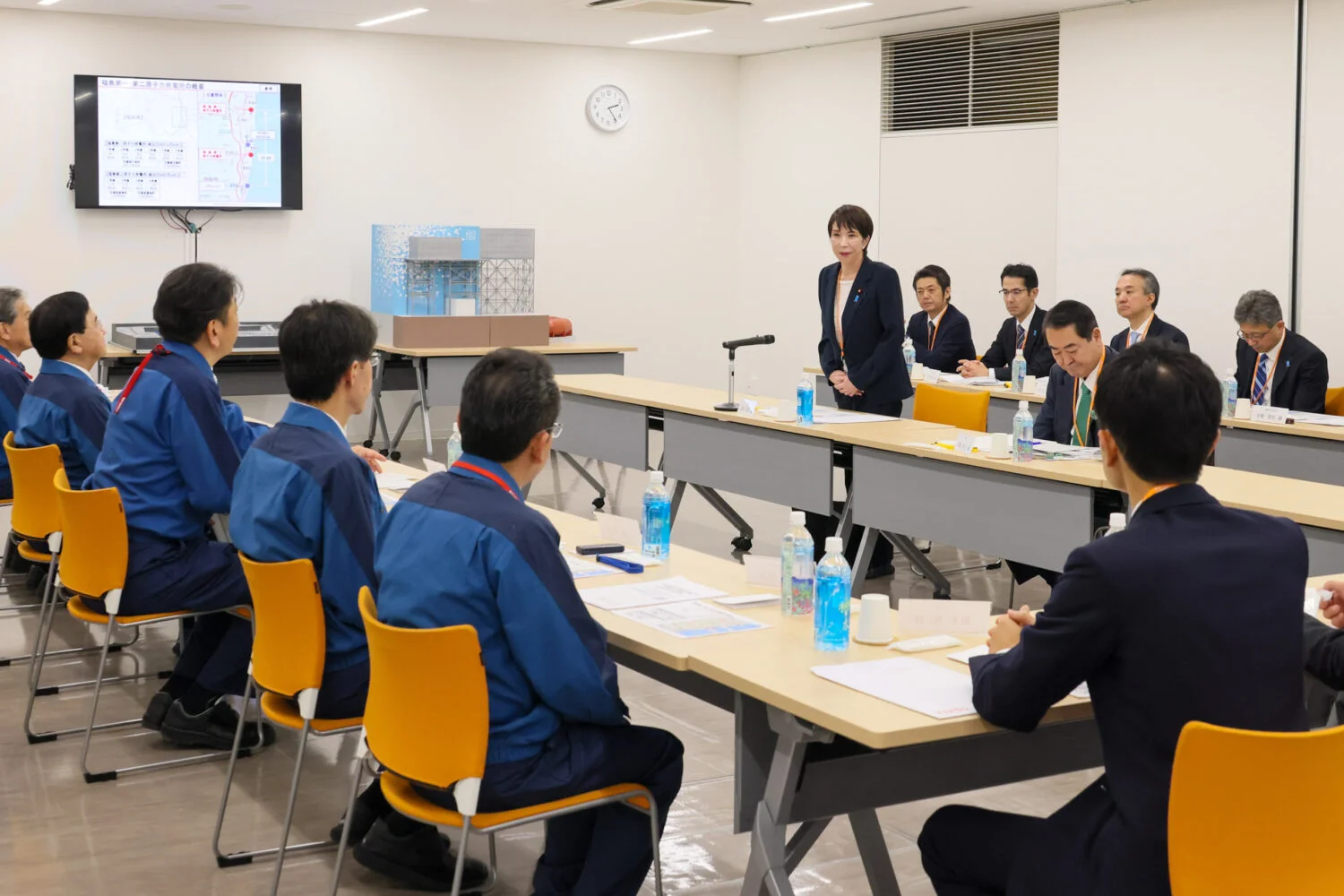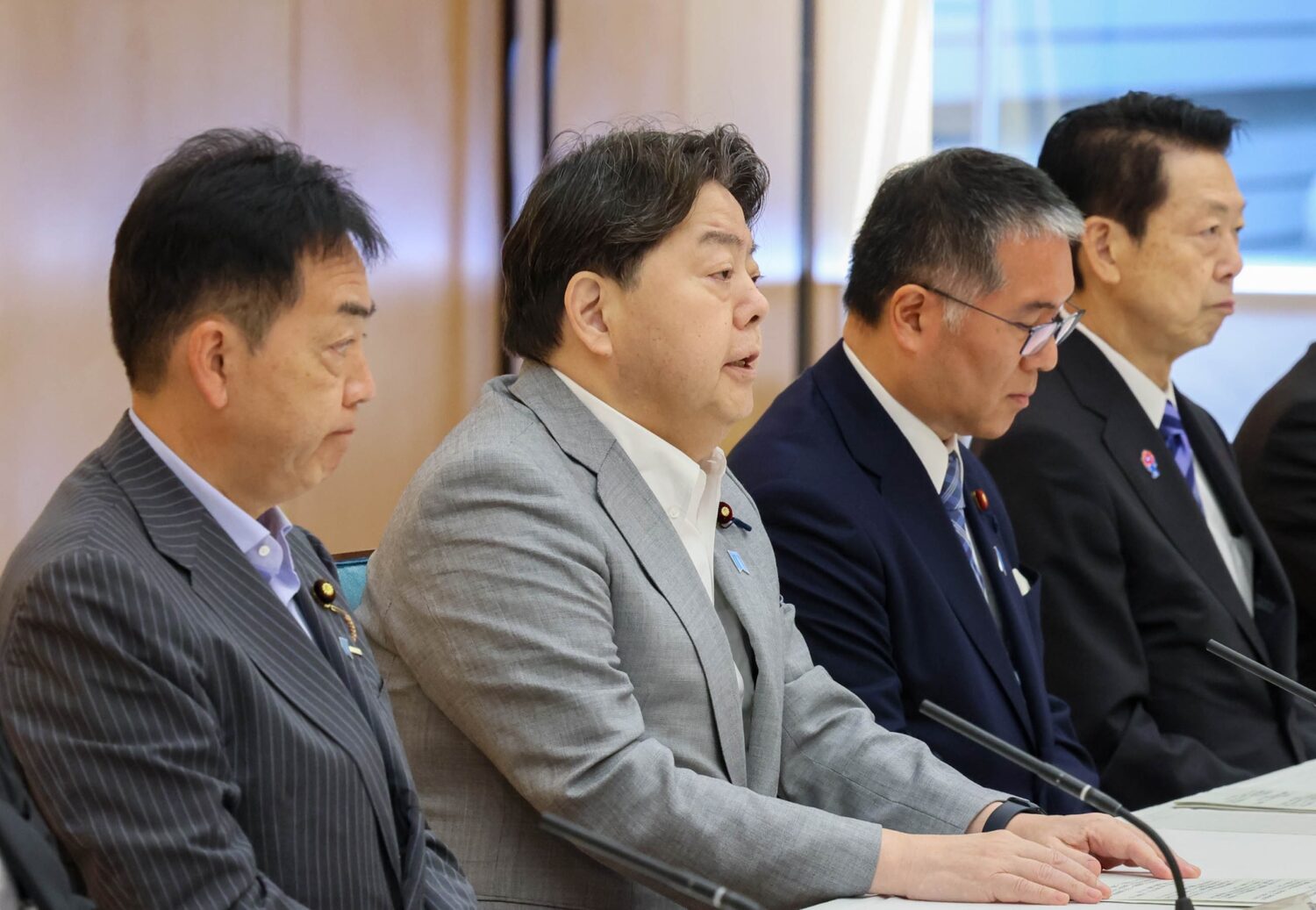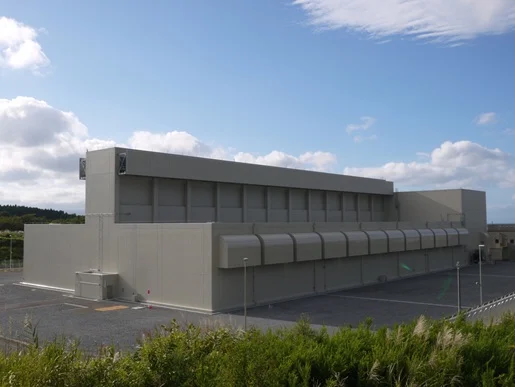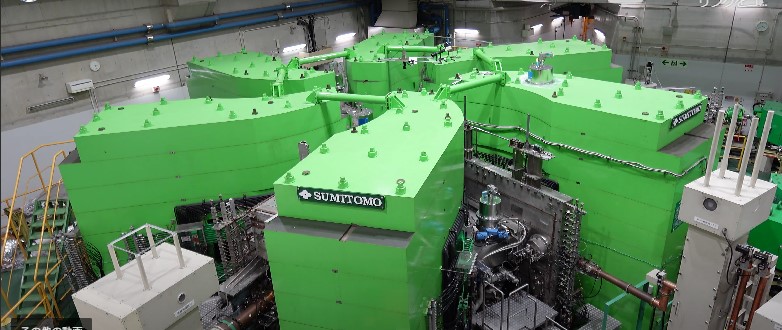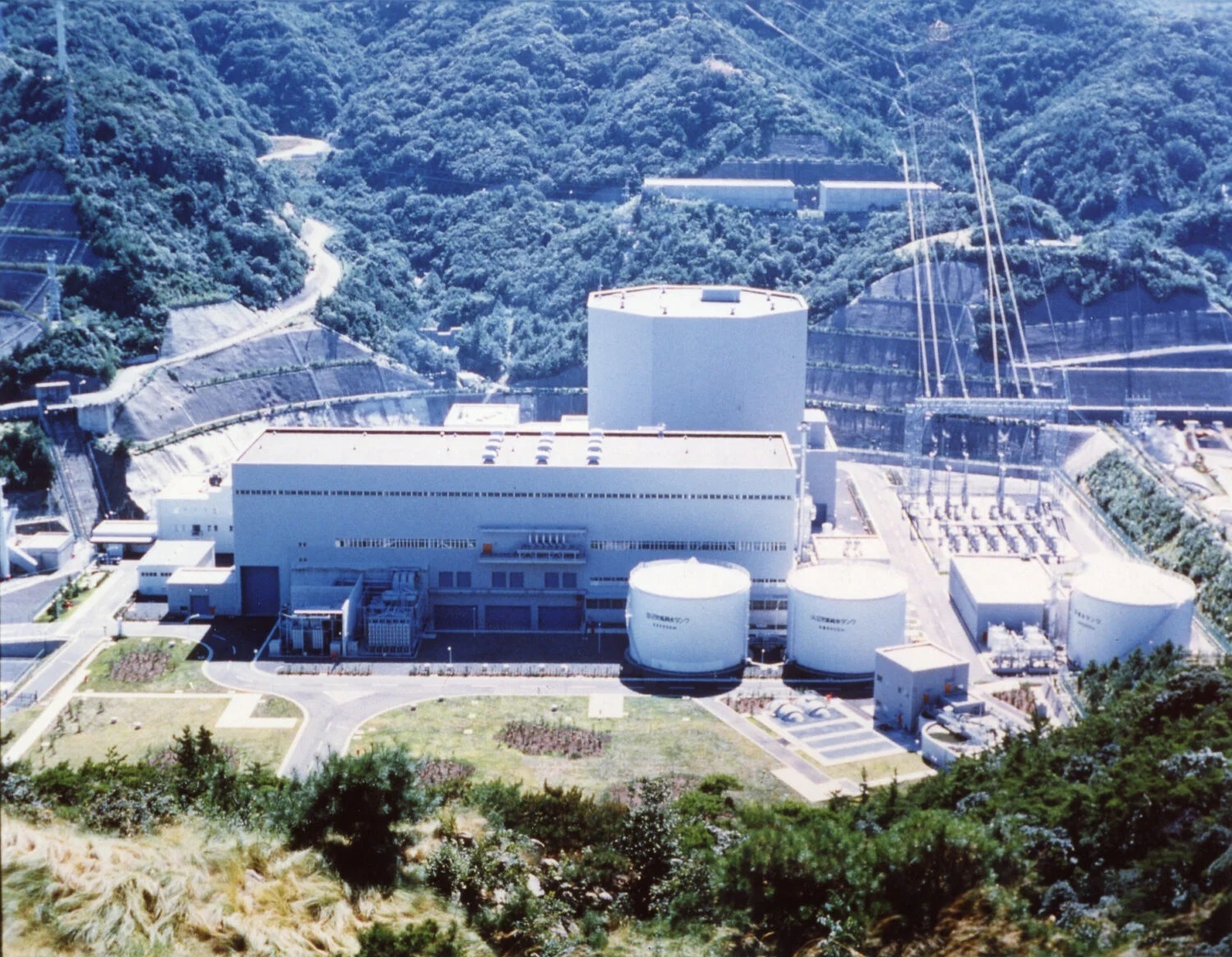On August 3, Norway and Iceland—both non-EU nations—similarly completed domestic procedures to lift their restrictions on foods from Japan. As both are fishing and whaling countries, their actions not only bolster reconstruction in the affected areas, but can be expected to help South Korea, China, Taiwan, and Hong Kong—where restrictions continue—make the decisions to lift them, and to help other countries better understand Japan’s fisheries industry.
Restrictions on imports of foods from Japan were once in effect in 55 countries and regions, but that number is now down to nine.
At a press conference in the morning of August 3, Japan’s Chief Cabinet Secretary MATSUNO Hirokazu welcomed the lifting of restrictions in Europe, adding that it was unfortunate that such restrictions remain in some places. “The Japanese government will implement strict safety measures for foods produced in the country and thoroughly explain to the international community that this has been scientifically verified,” he said.
At a press conference on July 27, Japan Atomic Industrial Forum (JAIF) President ARAI Shiro said that the lifting of restrictions by the EU would “back up reconstruction of Fukushima, and is greatly appreciated.”
Referring to moves in China and Hong Kong to strengthen inspections for radioactive materials in foods imported from Japan because of the offshore release of water treated by the Advanced Liquid Processing System (ALPS), he said, “Japan will have to tenaciously convey to the international community that the offshore release of the ALPS-treated water will be without effect on people or the environment. The scientific truth of this is clear.”
ALPS purifies water of radioactive substances other than tritium to levels below regulatory standards. The water is to be further diluted with seawater to a level of 1,500 Bq/l, one-fortieth the regulatory limit of 60,000 Bq/l, before it is released into the sea.


